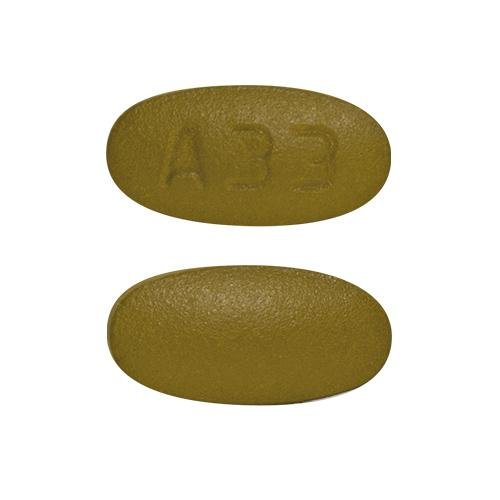Mifepristone and Alcohol/Food Interactions
There is 1 alcohol/food/lifestyle interaction with mifepristone.
Mifepristone Food
Moderate Food Interaction
ADJUST DOSING INTERVAL: Food may significantly increase the plasma concentrations of mifepristone.
GENERALLY AVOID: Grapefruit juice may increase the plasma concentrations of mifepristone. The proposed mechanism is inhibition of CYP450 3A4-mediated first-pass metabolism in the gut wall by certain compounds present in grapefruit. Because pharmacokinetic interactions involving grapefruit juice are often subject to a high degree of interpatient variability, the extent to which a given patient may be affected is difficult to predict.
MANAGEMENT: When mifepristone is used daily to control hyperglycemia secondary to hypercortisolism in patients with endogenous Cushing's syndrome, it should be taken with food to achieve consistent plasma drug levels. Patients should be advised to avoid consuming grapefruit or grapefruit juice during treatment with mifepristone, as it may cause increased adverse effects such as headache, dizziness, fatigue, nausea, vomiting, cramping, diarrhea, hypokalemia, adrenal insufficiency, vaginal bleeding, arthralgia, peripheral edema, and hypertension. Because mifepristone is eliminated slowly from the body, the interaction with grapefruit juice may be observed for a prolonged period.
References (2)
- (2001) "Product Information. Mifeprex (mifepristone)." Danco Laboratories
- (2012) "Product Information. Korlym (mifepristone)." Corcept Therapeutics Incorporated
Switch to consumer interaction data
Mifepristone drug interactions
There are 658 drug interactions with mifepristone.
Mifepristone disease interactions
There are 6 disease interactions with mifepristone which include:
- organ transplant
- vaginal bleeding
- cardiovascular disease
- hepatic impairment
- long QT
- renal impairment
More about mifepristone
- mifepristone consumer information
- Check interactions
- Compare alternatives
- Pricing & coupons
- Reviews (5)
- Drug images
- Side effects
- Dosage information
- During pregnancy
- Drug class: progesterone receptor modulators
- Breastfeeding
- En español
Related treatment guides
Drug Interaction Classification
| Highly clinically significant. Avoid combinations; the risk of the interaction outweighs the benefit. | |
| Moderately clinically significant. Usually avoid combinations; use it only under special circumstances. | |
| Minimally clinically significant. Minimize risk; assess risk and consider an alternative drug, take steps to circumvent the interaction risk and/or institute a monitoring plan. | |
| No interaction information available. |
Further information
Always consult your healthcare provider to ensure the information displayed on this page applies to your personal circumstances.


